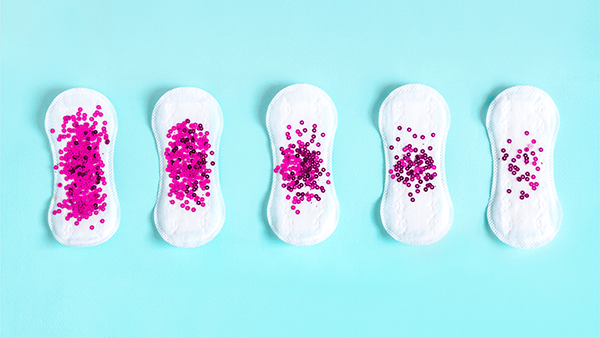Bleeding and discharge after giving birth
After giving birth, it’s normal for the mother to bleed, for up to eight weeks. Most of the bleeding is from where the placenta comes away from the wall of the uterus. This happens to all women, whether the birth was vaginal or by cesarean section.
Read time: 1 m
Verified by Ingela Ågren
Certified Midwife
The bleeding during the first few days after giving birth is fresh, red blood. After some time it turns into a brownish flow and after that a pinkish until it stops completely. You should contact the gynecological emergency department if your bleeding is increasing, if you get clots or if your bleeding is heavy.
To reduce the risk of getting infections in the uterus, follow the following tips:
- Use pads instead of tampons or menstrual cups.
- Shower instead of taking baths.
- Use a condom during vaginal intercourse.
Infections commonly cause pain in the lower abdomen, foul-smelling discharge, or fever. If you suspect you have a uterine infection you should contact the gynecological emergency department immediately.
Verified by Ingela Ågren
Certified Midwife
More from Preggers
Hundreds of related articles, podcasts & more waiting for you in the Preggers app.
Download Preggers today.

